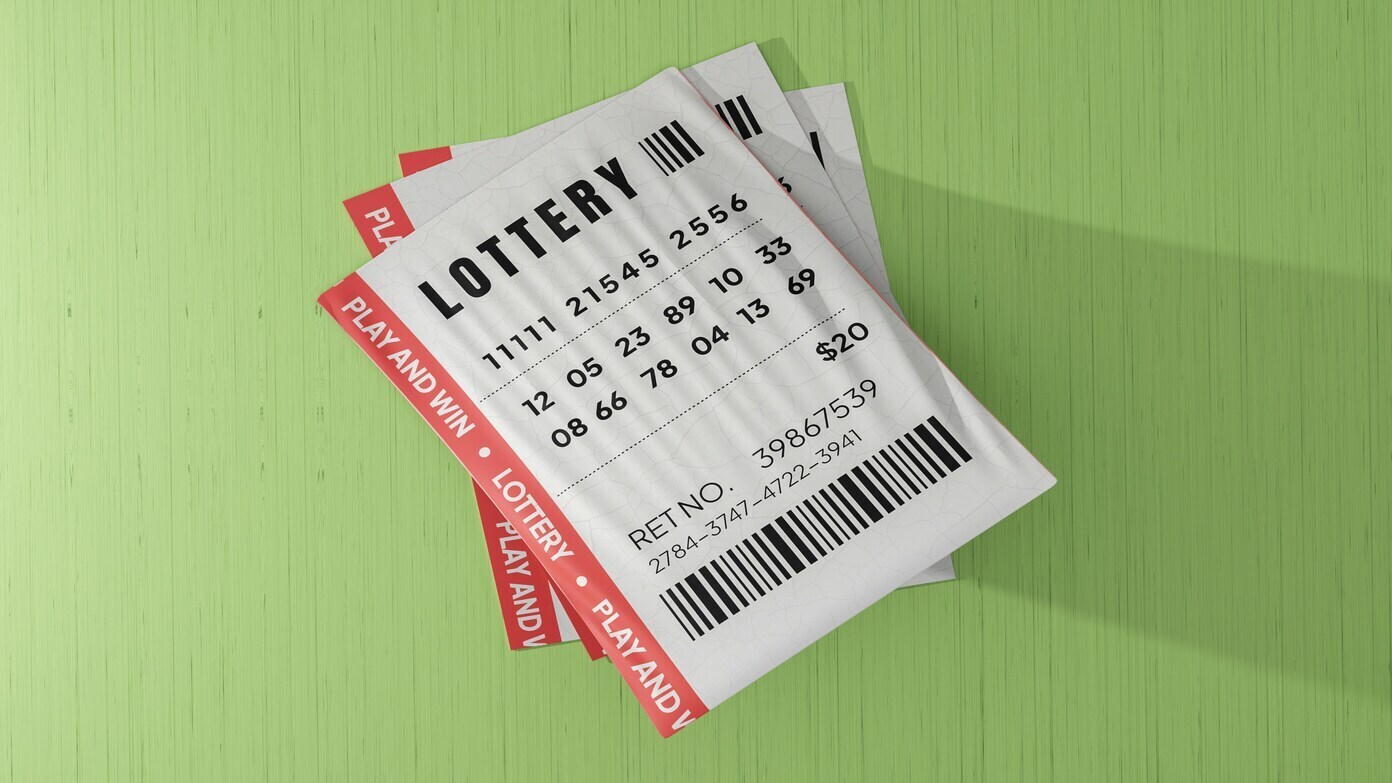Winning the lottery is exciting—especially when jackpots hit mind-blowing amounts like the recent $1.76 billion Powerball prize, the second-largest in U.S. history, or the $526.5 million jackpot earlier this year. Now, the Powerball jackpot for Labor Day has rolled to a massive $1 billion, making dreams of instant wealth more tempting than ever.
But before you start planning your private island getaway, remember: taxes are unavoidable. While the IRS takes federal taxes off the top, some states also tax lottery winnings. Luckily, eight U.S. states let you keep more of your prize by not taxing your winnings at all.
Federal taxes still apply
Even if you live in a state that doesn’t tax lottery winnings, you’ll still have to pay federal income tax. Large jackpot winners are placed in the highest tax bracket, which means the government automatically withholds a portion of your prize.
So, even in a tax-friendly state, you won’t escape Uncle Sam — but you can avoid additional state taxes depending on where you live or buy your ticket.
The eight states that won’t tax your winnings
1. California
California doesn’t tax lottery winnings — great news for recent billion-dollar winners in the state. However, California does have other high taxes, such as one of the highest sales tax rates and expensive gas. Still, if you strike it rich with a Powerball ticket bought here, you’ll only owe federal taxes.
2. Florida
Florida also skips taxing lottery winnings. The state has no personal income tax, which is why many retirees move there. Recent property tax breaks have made the Sunshine State even more appealing.
3. New Hampshire
New Hampshire has no income tax and no sales tax, meaning your lottery prize won’t be touched by the state. However, property taxes are relatively high, which is how the state raises revenue.
4. South Dakota
South Dakota doesn’t have personal income tax either, so Powerball winnings are safe from state taxes. The state does tax groceries and clothing, but sales taxes are generally low.
5. Tennessee
Tennessee also has no income tax. While its sales tax rate is among the highest in the U.S., property taxes and the overall cost of living are low.
6. Texas
Texas won’t tax your lottery winnings. The state’s sales tax is a bit higher than average, but gas prices are low, and voters recently approved major property tax relief.
7. Washington
Washington state has no personal income tax, meaning lottery winners keep more of their prize. However, the state recently upheld a controversial capital gains tax and has some of the highest gas prices in the country.
8. Wyoming
Wyoming rounds out the list with no personal or corporate income tax, no estate tax, and no tax on lottery winnings. It’s considered one of the most tax-friendly states in the country.
States that don’t sell Powerball tickets
It’s worth noting that five states — Alabama, Alaska, Hawaii, Nevada, and Utah — do not participate in Powerball. If you live in one of these states, you’d have to buy a ticket elsewhere to play.
Powerball drawing times
Powerball drawings take place every Monday, Wednesday, and Saturday at 10:59 p.m. ET. Tickets cost $2 per play and are sold in 45 states, the District of Columbia, Puerto Rico, and the U.S. Virgin Islands.
Read this later:
- What are the CalFresh deposit dates for September 2025? Here is this month’s Food Stamps payment schedule in California
- Bad news if you live in Nebraska -These homeowners will have to pay up to $8,000 a year due to increased insurance premiums
- If you have this 50-cent JFK coin, it could be worth up to $150,000. They were issued in 1964 and are a historical treasure
- He moved to the United States in 1991 delivering pizzas for $4.25 and now has 270 Papa John’s across the country: “I was determined…
- How much do you pay for a rental in New York in 2025? These are the most expensive and cheapest neighborhoods to rent a…
- What is the difference between Memorial Day and Veterans Day?

